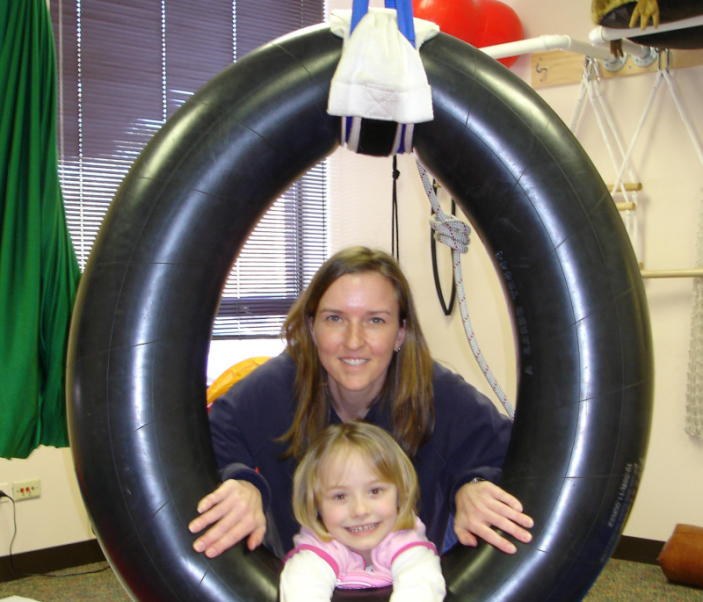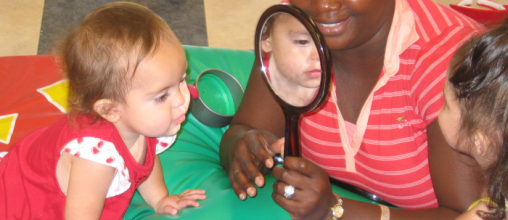Some educationists speak of slow learners as those not specifically diagnosed with a learning difficulty but yet who are below their grade level in studies. Others use this term to mean children with lower than normal IQs but who would not be considered retarded.
Both of these definitions are wrong. There are a very wide variety of causes for slow learning, not all of which are understood. Often it has absolutely nothing to do with IQ at all. In fact those with lower than normal IQs should not be called “slow learners” for not only will they be slow but in absolute terms they will never become age normative – that’s not slowness. Those who are just a bit slower will eventually catch up and will even sometimes go on to become exceptional.
In my experience, slow learners may have any combination of identifiable dysfunctionalities like ADD, hyperactivity, dyslexia, dysgraphia or dyspraxia, and sometimes none. But these disadvantages will be partial in effect and not severe enough to be uncompensatable. Very often, we have found that slow learners also have problems with visual-motor coordination. There therefore may be issues in delayed development of visual motor ability and there may be accompanying dyspraxia. While slow learners will lag behind their classmates, they will somewhat manage to keep up. Typically they will do better orally than in written testing and simple things like completing classwork or homework in time may be a constant headache for both parent and teacher- but this is to be expected if your child is slow!
Therapy in self organisation is very important. Building up the child’s self-confidence is also very important. Identify the child’s strengths and use these to bolster their confidence. Teachers should work harder at encouraging and stifle the urge to criticise and particularly should be careful about comparing one child’s performance or work with another’s. At the same time demand and expect performance. Do not let the child be satisfied with less than their best effort. You may find at one stage that there will be a sudden improvement in handwriting neatness and speed or perhaps in an ability to do sums, and this is a strong sign that the right parts of the brain are being stimulated to catch up and they mostly will then do so quite quickly.
Orally work with the child one-on-one whenever possible doing mental sums, or any kind of mental gymnastics, including solving puzzles, conundrums, and having fun with expressions and word plays will prove to be very helpful. At the same time make the child work on basics like arithmetic and handwriting on a daily basis.
Again encourage improvement without being too critical but don’t let the child dodge doing the basic amount of work. Daily work on keeping their workspace organised as well as getting them to maintain a daily routine in all things is very important. You will see change happen and sometimes it will happen quite dramatically. Till then a consistent effort will be needed to prepare your child to adequately compensate for whatever part of the mind is temporarily hanging back.
As we have discussed earlier, diet is very important. Get a professional evaluation done as soon as possible and then annually, and do discuss your child’s progress and difficulties with teachers and with your pediatrician. Religiously keep a journal. If the school is not handling your child properly be prepared to shift elsewhere. Do not compromise on the proper learning environment, for once your child feels put down you may never see anything but defeat.
Finally, find a support group. Slow learning is only recently being recognised as something different, so the closest fit will be a support group for ADD/ADHD kids some of whom may also be dyslexic or have other problems.
Tackling any learning disability or developmental delay is a bit like setting out on a marathon or trying to climb a tall mountain. It won’t be over quickly. Slowly and steadily and with determination and encouragement from fellow travelers, you will succeed in the end. Remember that your child is unique. No formulaic approach may work, but with your love and your commitment, your child will be best able to reach all of their own unique potential as a uniquely valuable human being – and make you proud of how much they have and will achieve.





Recent Comments